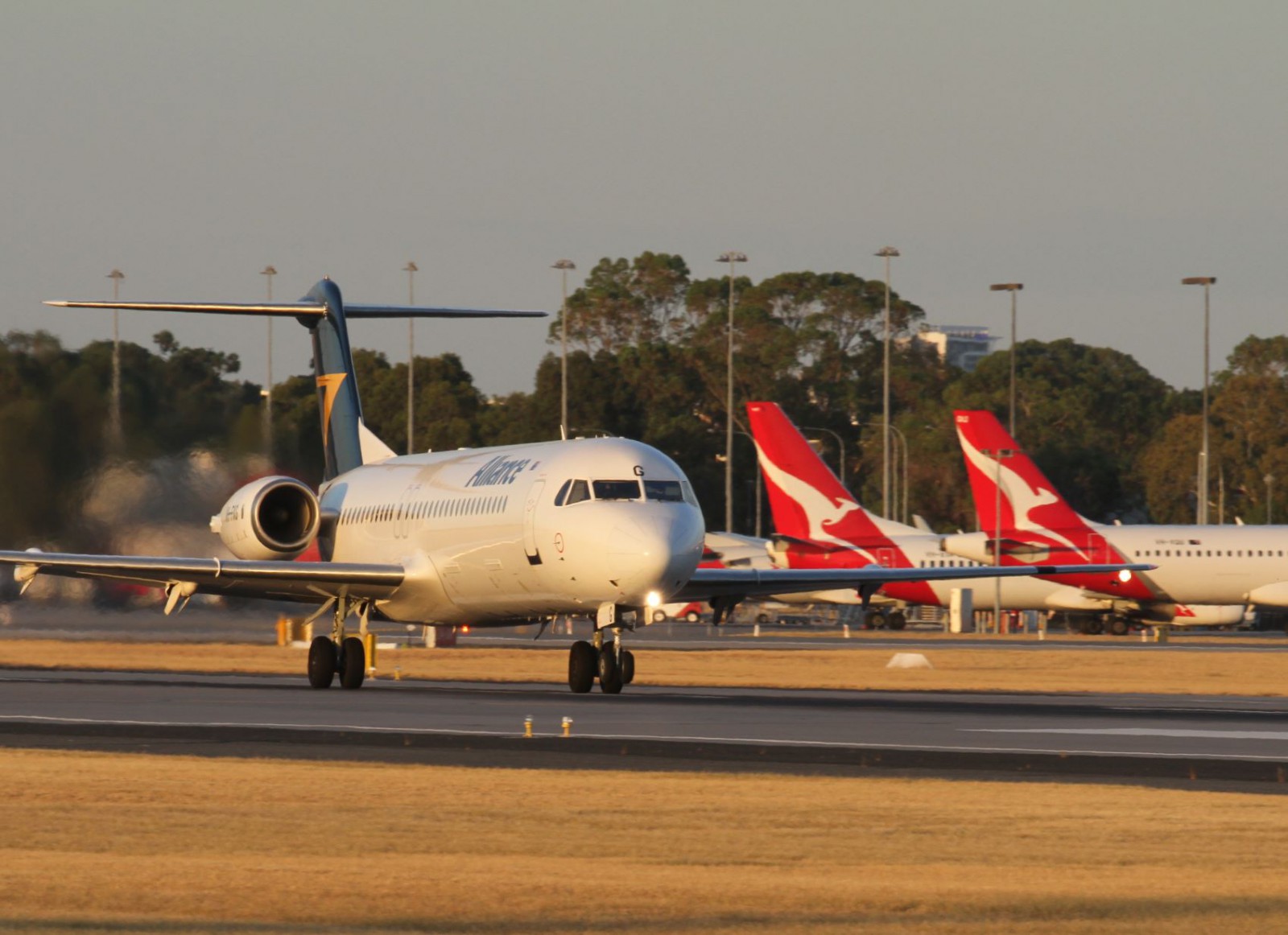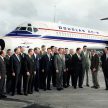In a major upheaval of WA’s aviation landscape, a draft determination by the competition watchdog could deny the extension of a partnership between Virgin Australia and Alliance Aviation Services to jointly bid for fly-in, fly-out contracts.
Subscribe to the Airlineratings.com newsletter to get the relevant news first
Easyjet brings back Fearless Flyer course
The draft, issued by the Australian Competition and Consumer Commission on Friday, has major ramifications for the proposed acquisition of Alliance by Virgin rival Qantas, which is also up in the air after a negative draft determination from the watchdog in August.
Industry observers suggest the ACCC would have a difficult time denying Qantas’ buyout bid if it approved the extension of the Virgin-Alliance partnership.
Perth-based Virgin Australia Regional Airlines and Alliance are seeking a five-year extension to a charter alliance agreement granted in 2017, which allowed them to jointly bid for FIFO contracts.
Those bids would marry Virgin’s 180-seat A320s with Alliance’s large pool of 100-seat Fokker 100s.
However, the aviation landscape has changed since 2017 and the agreement contains provisions which raise issues for the ACCC under the cartel and other restrictive practices provisions of the Competition and Consumer Act.
Qantas forced to suspend selling new Perth international flights to Johannesburg and Jakarta
Airport firefighters threaten strike action over Christmas as they battle ‘understaffing’ and fight for new EA
The sticking point for Qantas’ aspirations for Alliance is market dominance in the lucrative FIFO market. If the ACCC was to approve the Qantas buyout it would give the merged carrier about 70 per cent of the FIFO market.
Alliance has a fleet of 64, 100-seat Fokker 100s and 94-seat ERJ-190 jets which are used for FIFO and lease operations. It also has those agreements in place with Virgin and Qantas.
The Fokker 100 is operated by all three airlines and is the ideal 100-seat platform for FIFO contracts that don’t require the larger 180-seat A320 and 737.
For Virgin, however, the ACCC determination is not as significant as it is phasing out its small fleet of Fokker 100s to be replaced with 138-seat 737-700s, and it can still lease aircraft from Alliance for bids for FIFO contracts.
The ACCC is now seeking submissions on its draft to deny the extension of the agreement between VARA and Alliance.
“At this stage, the ACCC is not satisfied that the public benefits likely to result from the charter alliance agreement in the next five years will outweigh the public detriment that is likely to result from VARA and Alliance Airlines co-ordinating their fly-in, fly-out services,” ACCC deputy chair Mick Keogh said.
“The proposed extension of the agreement would continue to eliminate competition between VARA and Alliance Airlines in providing FIFO services to corporate customers.
“The ACCC seeks further submissions to assist it to understand whether the public benefits claimed to result from the agreement by the applicants five years ago have actually been realised, and also how market conditions have changed in that time. This will help to inform our forward-looking assessment of the likely public benefits and detriments.
Perth: Jetstar passenger bound for Bali booted off flight after ‘drinking booze on plane’
Exmouth to get direct Melbourne Qantas flights from April through October
“At present, the ACCC is not satisfied that the public benefits claimed to arise from combining Virgin Australia’s charter fleet and national regular passenger network with Alliance Airlines’ national charter network are likely to result from the extension of the agreement to the extent claimed by the applicants.”
Virgin said it remained confident in the public benefits of the alliance agreement and would work with the watchdog and Alliance to “address the gaps identified by the regulator”.
“The charter alliance continues to operate under the interim authorisation, and we remain focused on providing enhanced service to our FIFO customers through this alliance,” the airline said.
The ACCC said it accepted that the Charter agreement was likely to result in some operational efficiencies, such as integrating the two carriers’ equipment and fleets, and enhanced services such as access to frequent flyer programs.
“It is unclear whether the likely benefits are sufficiently significant to outweigh the anti-competitive detriment, and whether they will be substantially passed through to or realised by customers,” Mr Keogh said.
The ACCC said it will make its final decision after considering submissions on the draft.
























